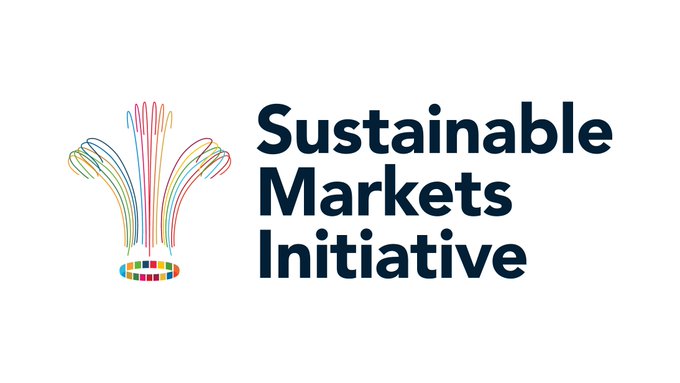
Big Pharma challenges suppliers on sustainability
Submitted by:
Andrew Warmington
Members of the Sustainable Markets Initiative Health Systems Task Force have published an open letter to suppliers in the supply chain, asking them to commit to joining the initiative and working towards climate and sustainability targets. The CEOs of AstraZeneca, GSK, Merck& Co., Novo Nordisk, Sanofi and Samsung Biologics, and the chairman of Roche all signed it.
The letter begins by describing the climate crisis as “one of the most urgent risks to global health”, with over 7 million people/year dying prematurely from air pollution alone. “At the same time, the healthcare sector contributes approximately 5% of global greenhouse gas emissions, with around half of this footprint coming from healthcare supply chains”, and joint action is therefore needed.
“Having launched a set of core commitments at COP27, we are scaling our impact above and beyond the actions we are taking within our own organisations. As part of this, we have set joint, minimum climate and sustainability targets for suppliers which aim to address emissions across the value chain and reduce the complexity of multiple asks.”
These targets, which all suppliers are being urged to commit to at a minimum, were formulated by seeking the best practices from various contributors in the industry. They are to:
* Assess and disclose Scope 1, 2 and 3 emissions by 2025
* Commit to setting near-term targets aligned with the 1.5°C pathway set by the Science-Based Target Initiative (SBTi) by 2025
* Set targets to reduce waste (including solvents) and energy and reuse materials in manufacturing by 2025
* Publicly commit to switch to at least 80% renewable power by 2030 and explore options to source green heat
Transport suppliers should make SBTi-aligned commitments by 2025 and include green transportation solutions in their core offering by 2030. They should also commit to setting standards for own suppliers, set targets to increase water-efficiency and commit to adopting water stewardship standards.
“Shifting to net zero, climate resilient health systems cannot be achieved in siloes. We must collaborate, across the sector and across borders, to secure a healthier tomorrow,” the letter concludes.
